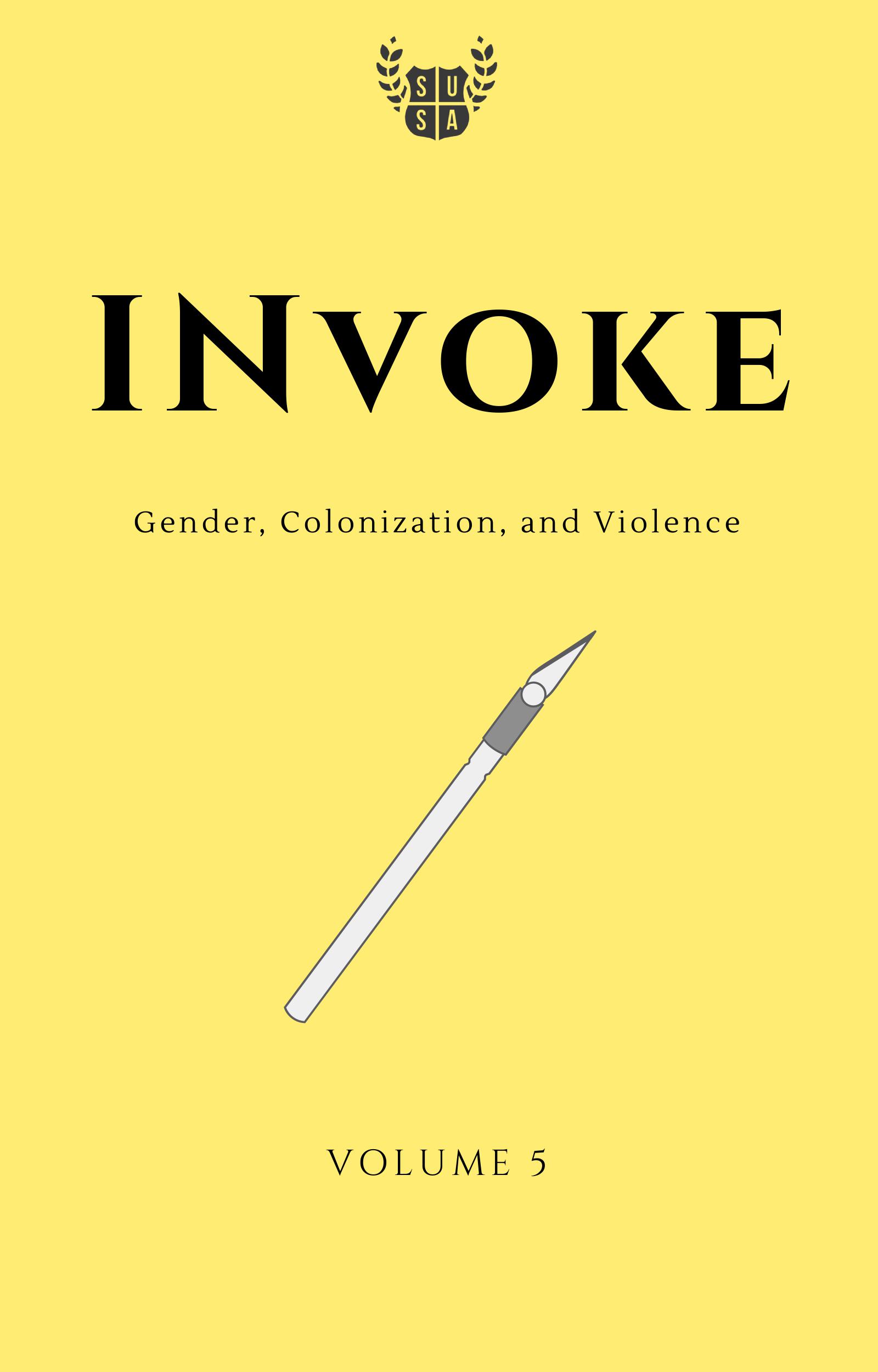United by Rage, Self-Loathing, and Male Supremacy: The Rise of the Incel Community
DOI:
https://doi.org/10.29173/invoke48979Abstract
Since the 1990’s the internet has fundamentally transformed social relations by giving rise to cyber-communities, which have brought new kinds of polymorphous, highly personalized, and lifestyle-oriented social groups. They have also given rise to new political movements, including extremist internet groups, that can be severely detrimental to the sustainable wellbeing of society (Delanty 2018, 200). Over the past decade, a fringe internet group known as the involuntary celibates (Incels) have developed mainstream infamy for their extreme misogynistic rhetoric and reactionary anti-feminist language, which has manifested into several terrorist attacks (Olheiser, 2018). It can be argued that Incels have developed an online community centred on the desire for society to revert to absolute patriarchy that dehumanizes women as mere sexual commodities and vehemently oppose the idea of women’s empowerment and sexual liberation (Tolentino 2018). In this paper, we will be analyzing the social dynamics and methods of communication within this fringe echo-chamber, we can better determine if the values of hate, self-loathing and misogyny can facilitate deliberation and in turn constitute the Incels as a legitimate community.
Downloads
Published
Issue
Section
License
Copyright (c) 2020 Farshad Labbaf

This work is licensed under a Creative Commons Attribution 4.0 International License.
Authors who publish with this journal agree to the following terms:
- Authors retain copyright and grant the journal right of first publication with the work simultaneously licensed under a Creative Commons Attribution License that allows others to share the work with an acknowledgement of the work's authorship and initial publication in this journal.
- Authors are able to enter into separate, additional contractual arrangements for the non-exclusive distribution of the journal's published version of the work (e.g., post it to an institutional repository or publish it in a book), with an acknowledgement of its initial publication in this journal.
- Authors are permitted and encouraged to post their work online (e.g., in institutional repositories or on their website) prior to and during the submission process, as it can lead to productive exchanges, as well as earlier and greater citation of published work (See The Effect of Open Access).



